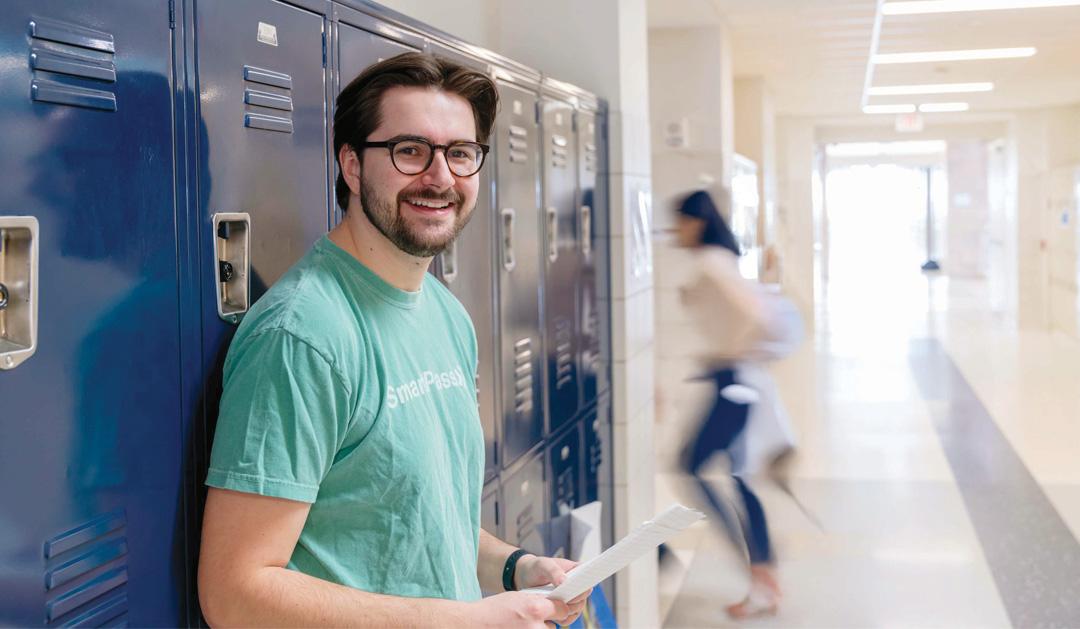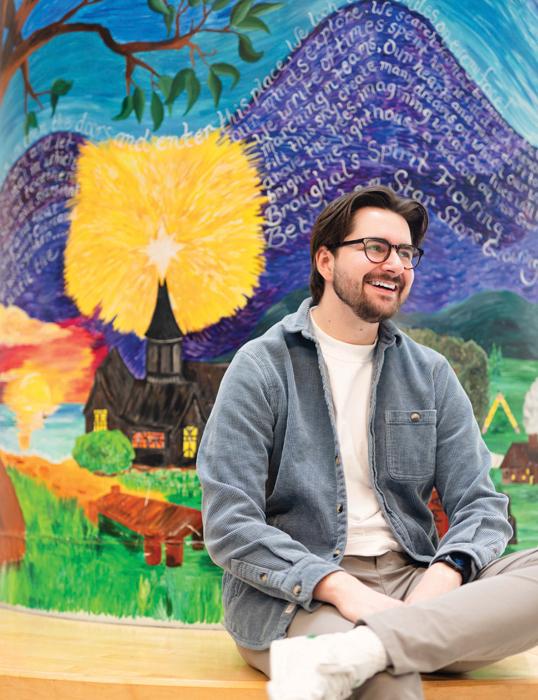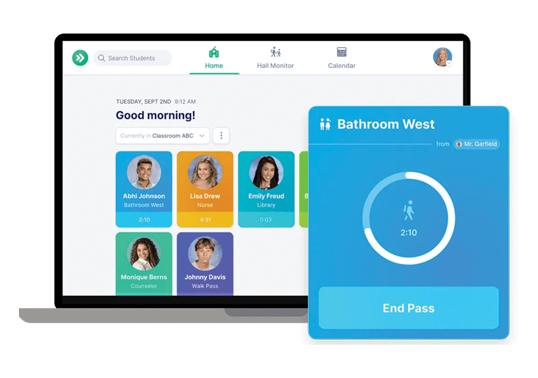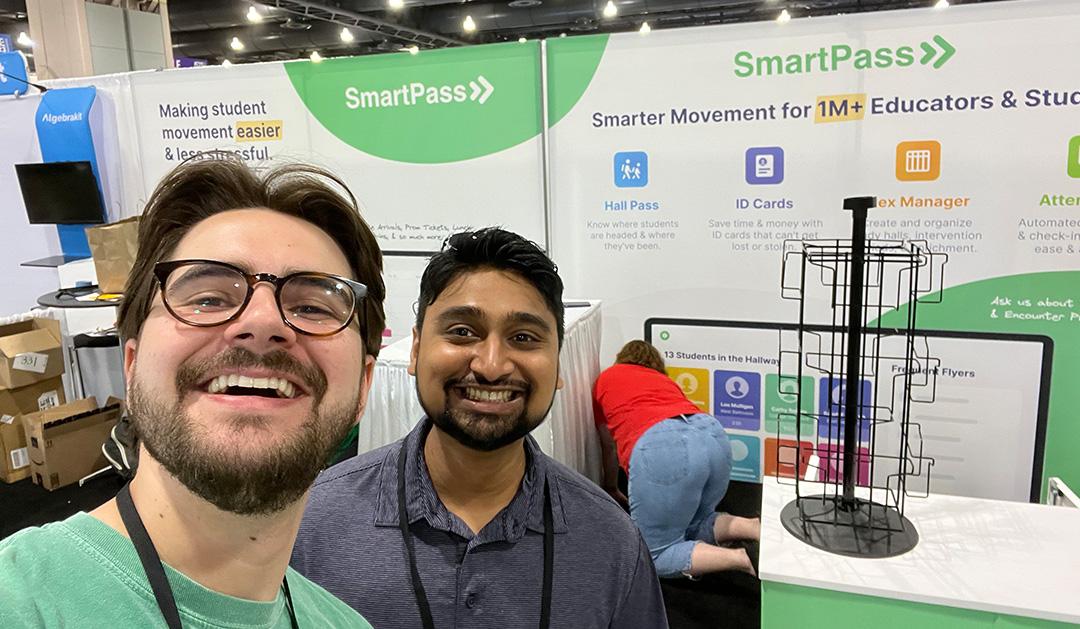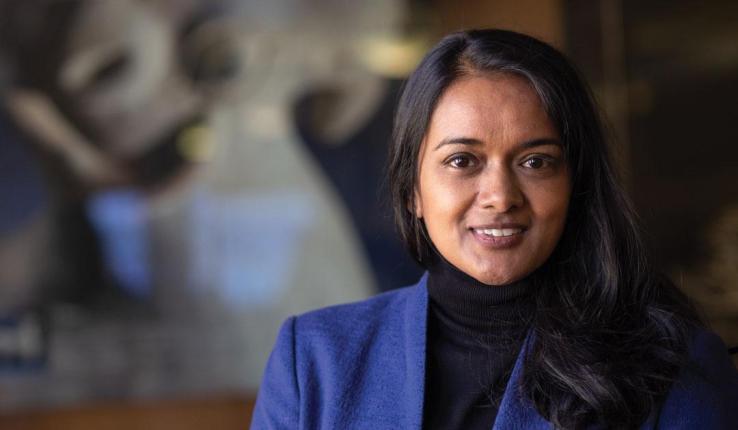MOVING SMARTPASS FORWARD
Luba and Sringari grew SmartPass with an educator-first approach—relying heavily on input from the people closest to school problems. They formalized that approach by creating customer advisory boards to offer immediate feedback on new ideas and prototypes.
When Luba graduated, he says he still thought of SmartPass as a side project even though it was being used by more than 200 schools. He took a full-time job as an associate product manager at Salesforce, a Fortune 500 software company, and moved to San Francisco. He says it was an important experience to learn how to work inside a company.
But during that time, SmartPass took off. The COVID-19 pandemic had accelerated its growth. When students returned to school, there were more behavioral issues and monitoring them became more difficult. In addition, COVID forced more schools to embrace technology.
After seven months at Salesforce, Luba left to commit full-time to SmartPass. By then, it was in 1,000 schools and serving 2 million students. “We realized that SmartPass was not just going to be a thing we could do on the side. This rocketship is going with or without us. This is our time to shine,” says Luba.
In 2023, SmartPass raised $2.2 million from investors, led by Reach Capital, a San Francisco-based venture capital firm that supports entrepreneurs who develop technology solutions for challenges in education. Within two years, SmartPass expanded its staff from eight to 55, including engineers, designers, product managers, sales and customer support specialists, and operations and marketing professionals.
SmartPass is now one of the two largest companies in the digital hall pass space. Luba sometimes feels surprised at his success, but then he reflects on the amount of hard work he put in.
“A challenge was how much work it is to build something—especially with competitors. You have to move fast; every minute counts.” He says Lehigh helped him learn to manage time. “I was always juggling a million different things.”
Still, Luba doesn’t feel like he is special. He believes that if he could do this, anyone can.
“I tell this to a lot of aspiring entrepreneurs. Just start small. Just start right now. There are so many resources online. You don’t have to have a whole business plan. We were super naïve, but we said, ‘Let’s just do this thing and do it one step at a time.’ That benefited us.”
He adds, “Embrace not being the smartest person in the room and leverage that.”
—Story by Jodi Duckett


